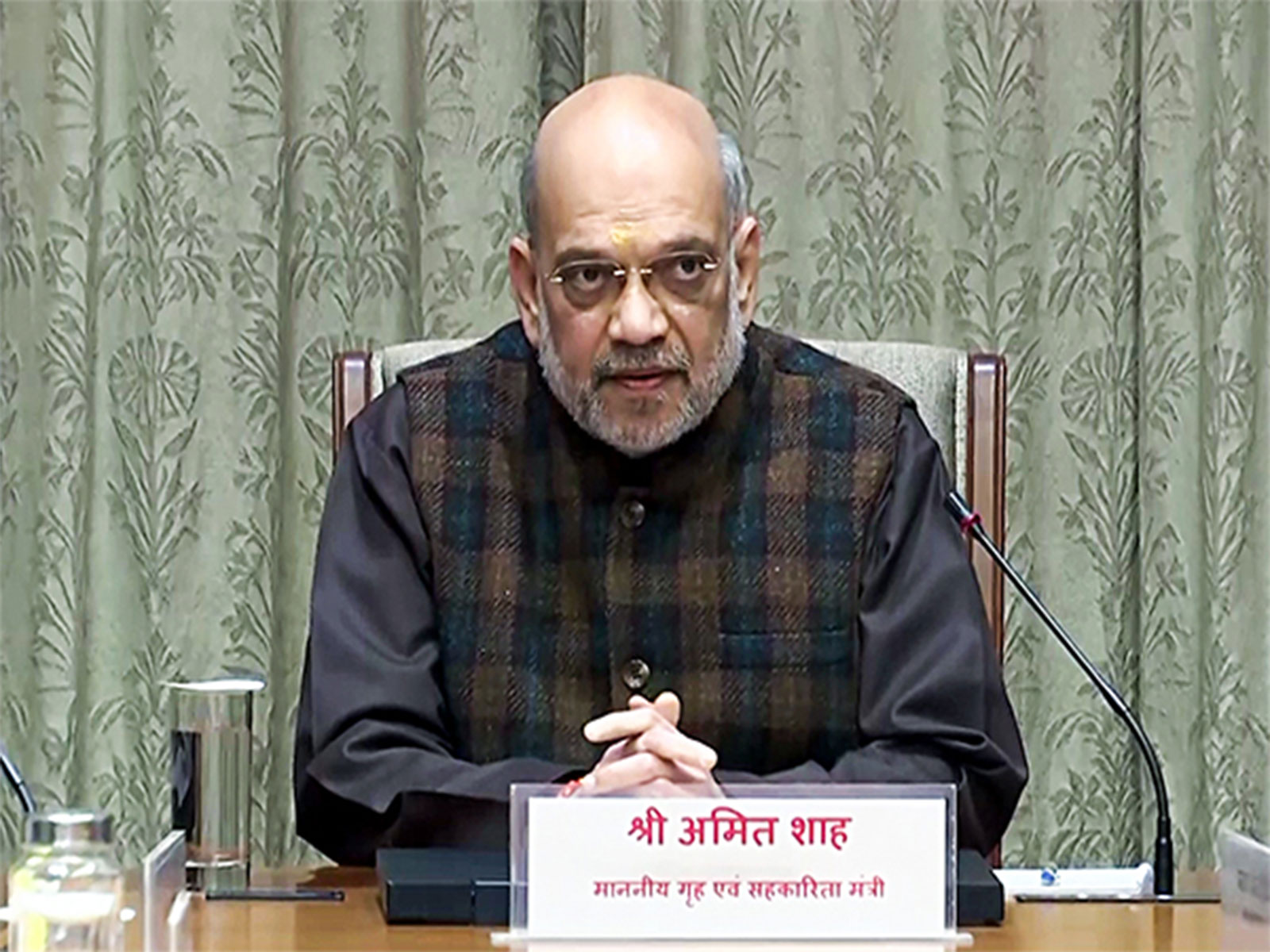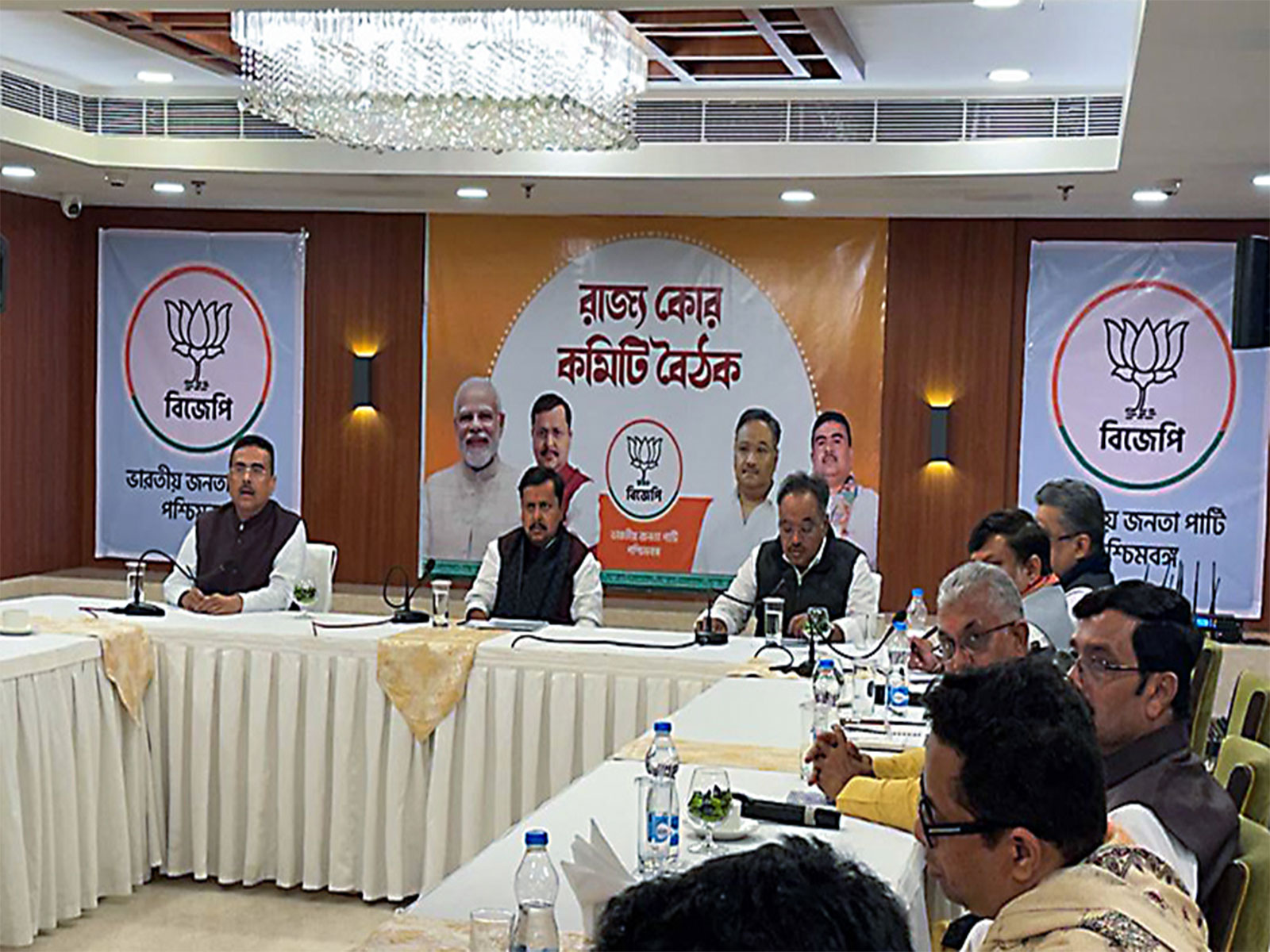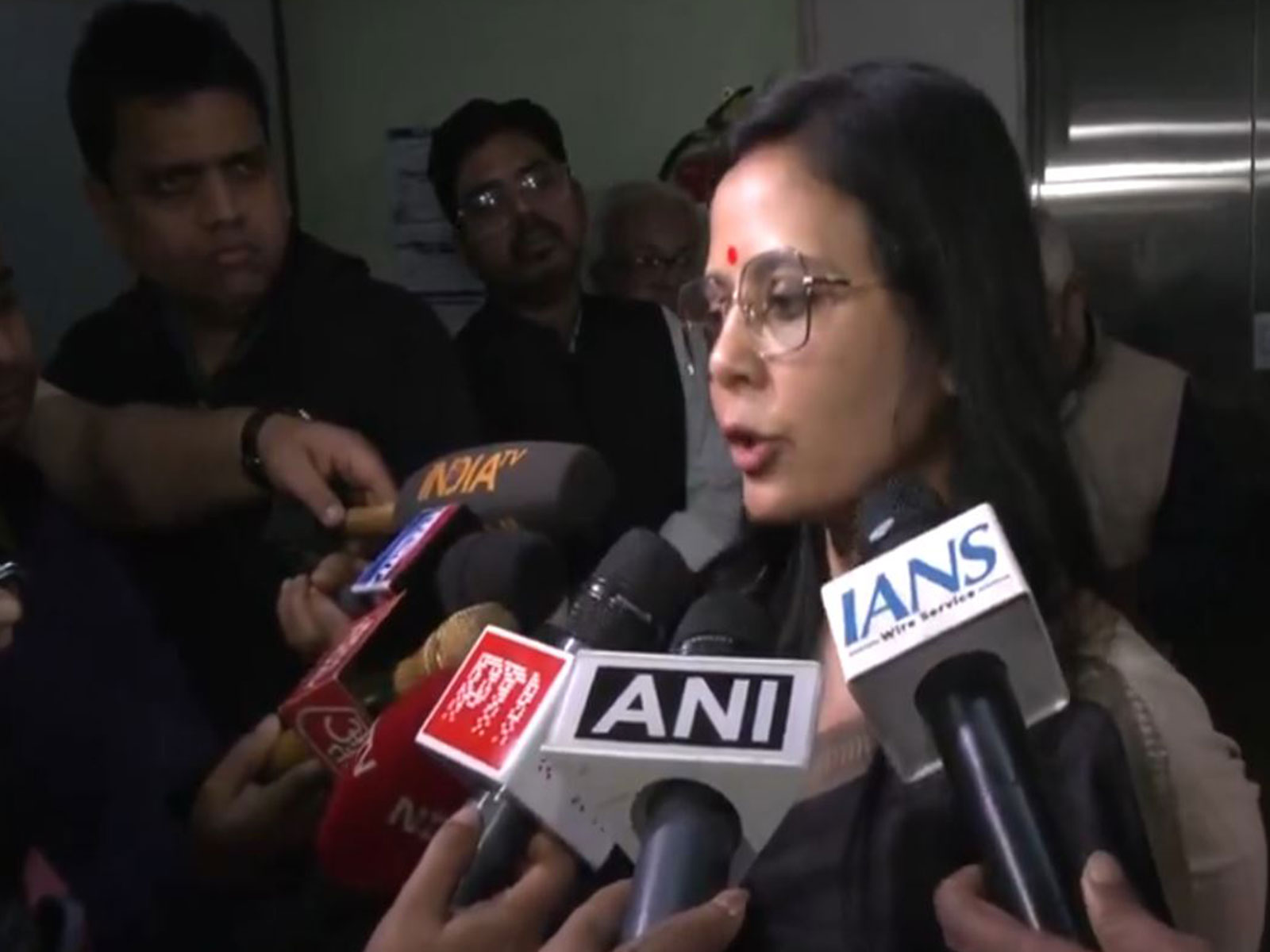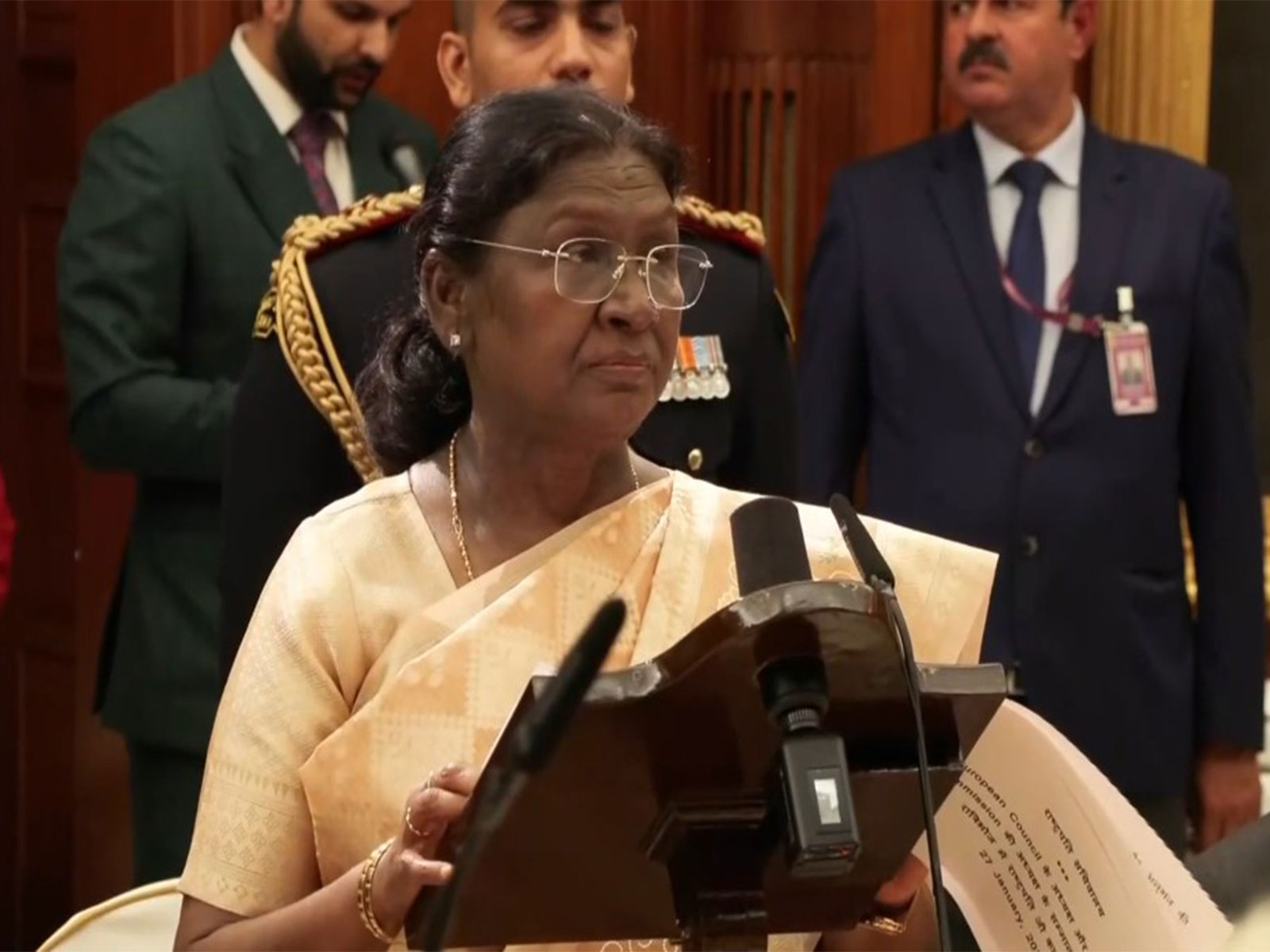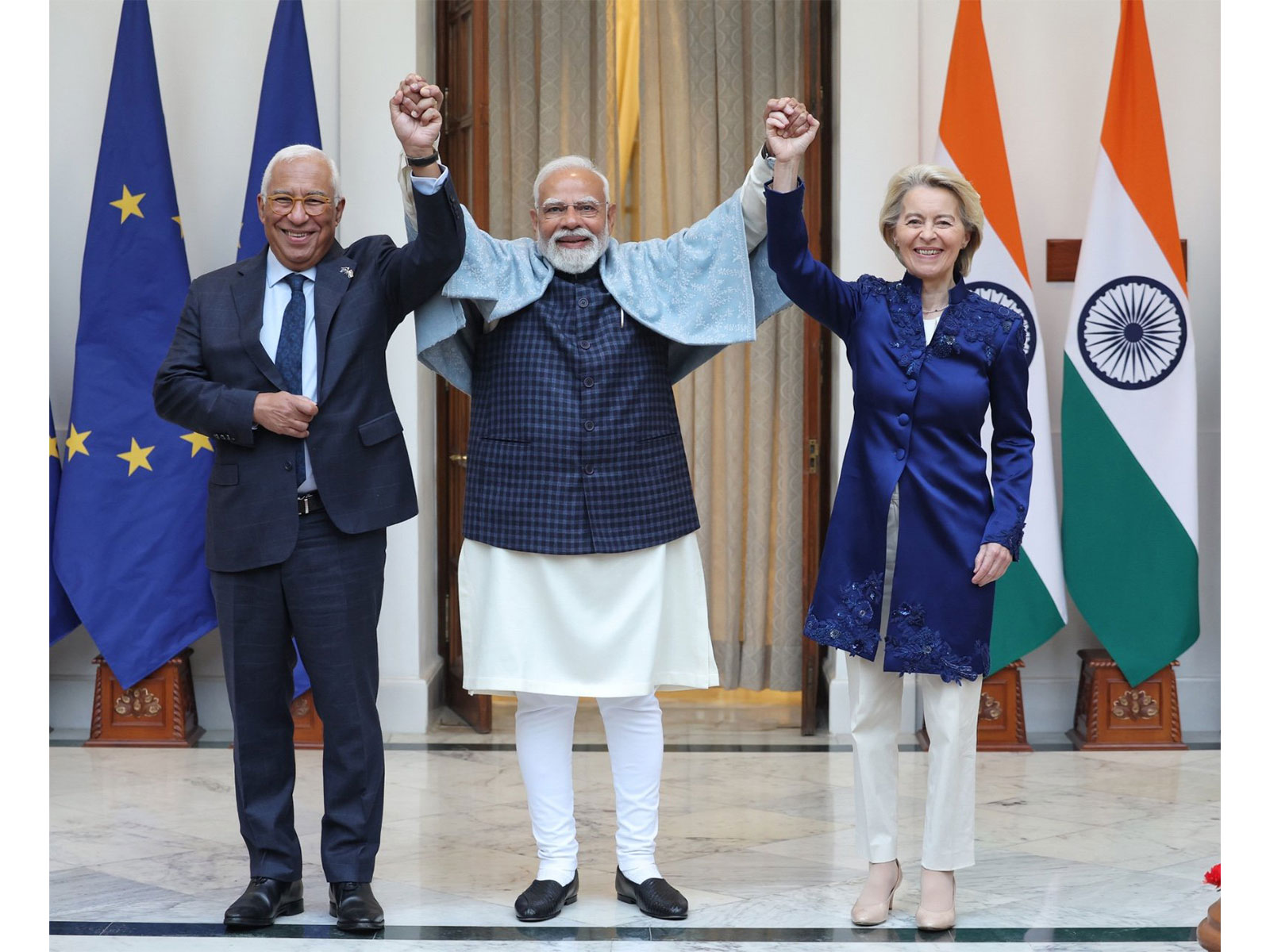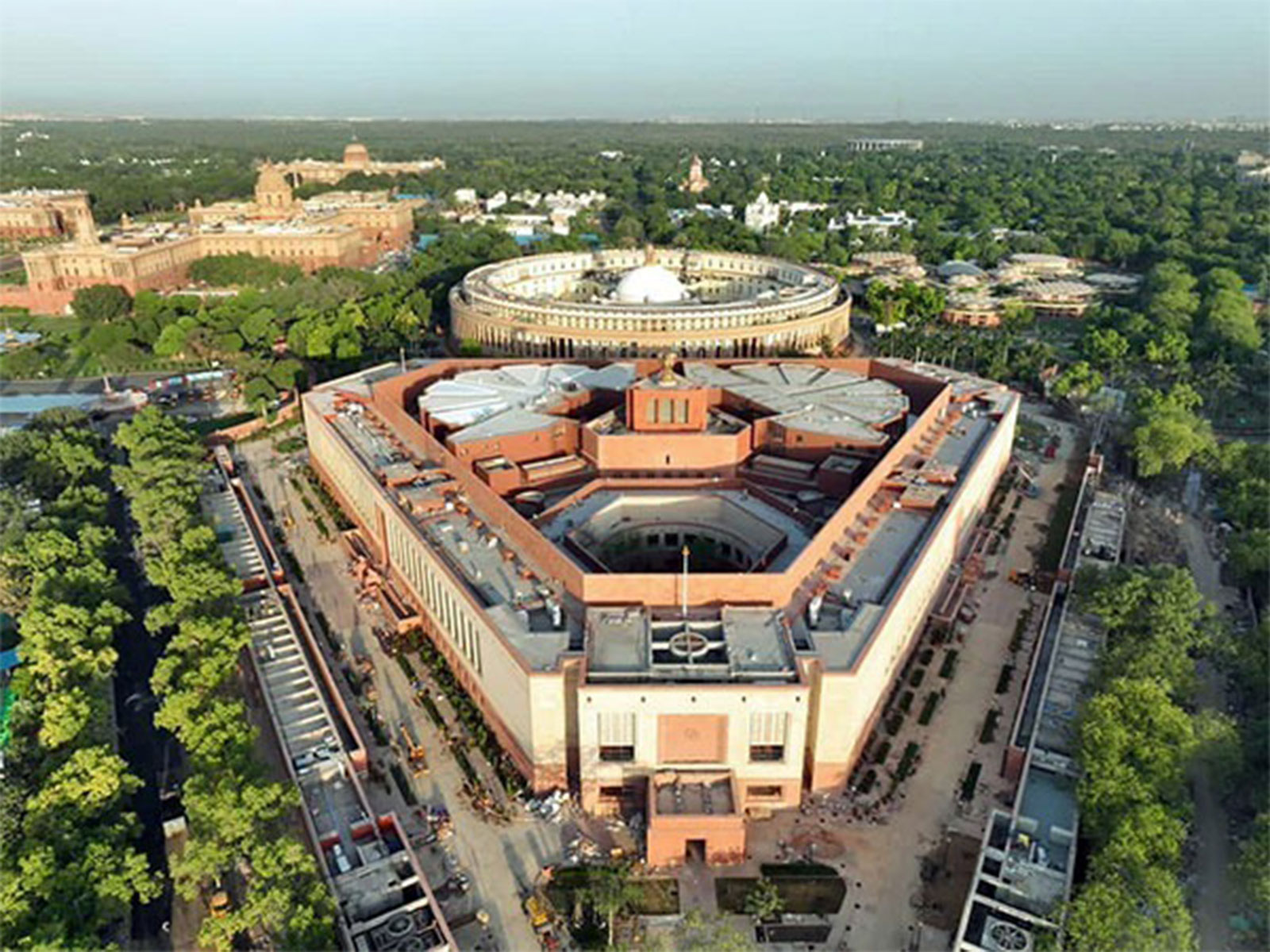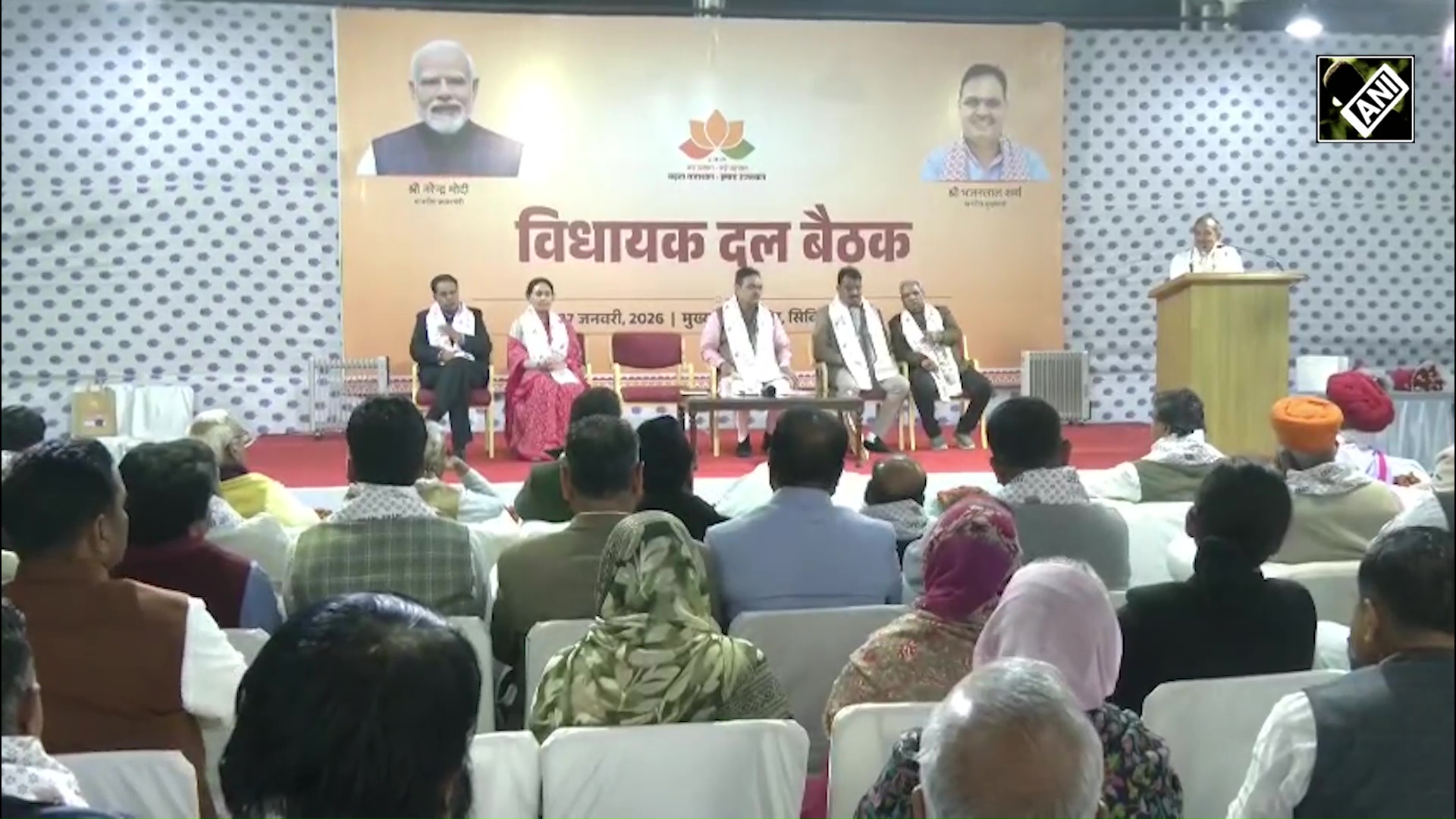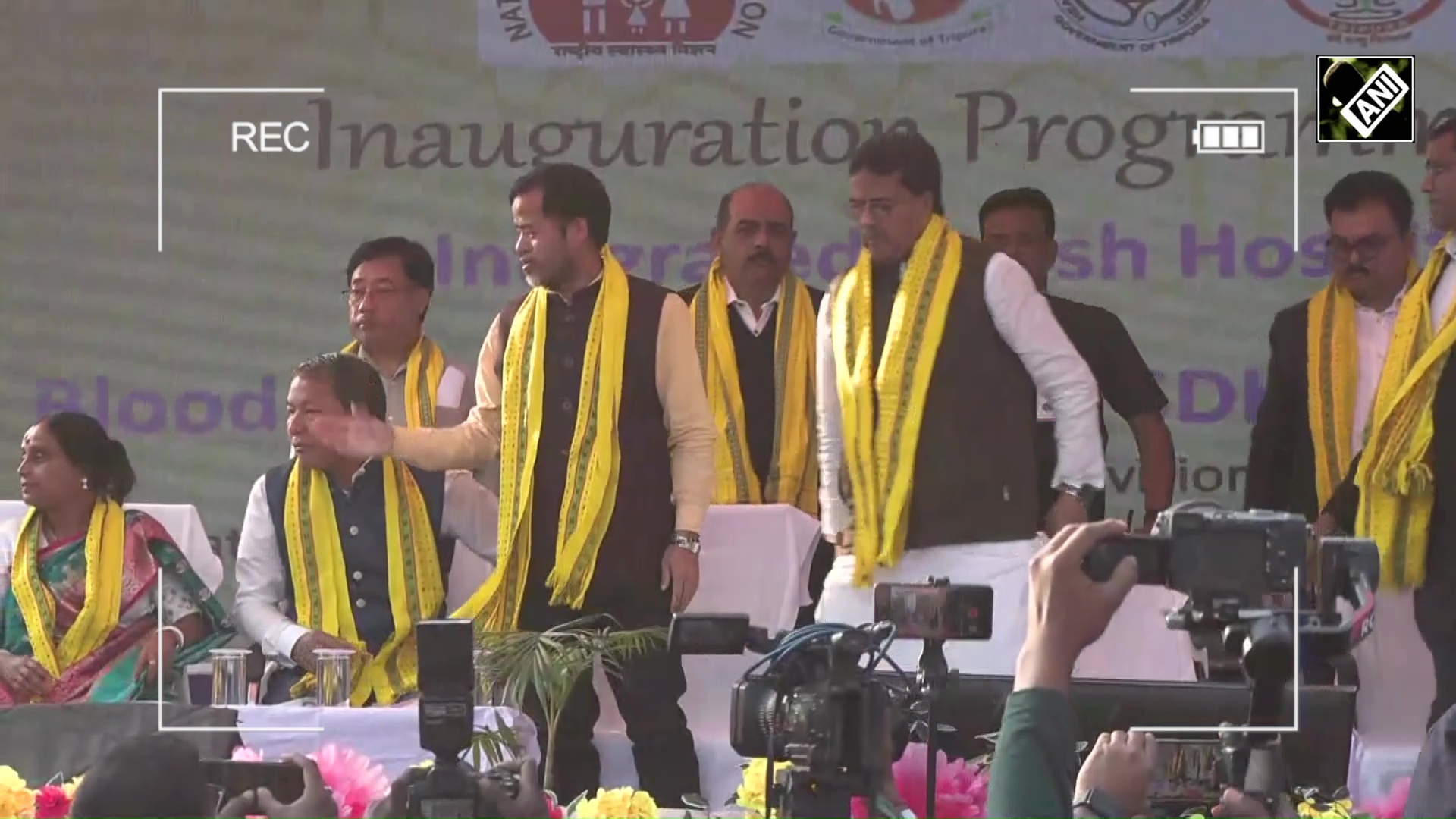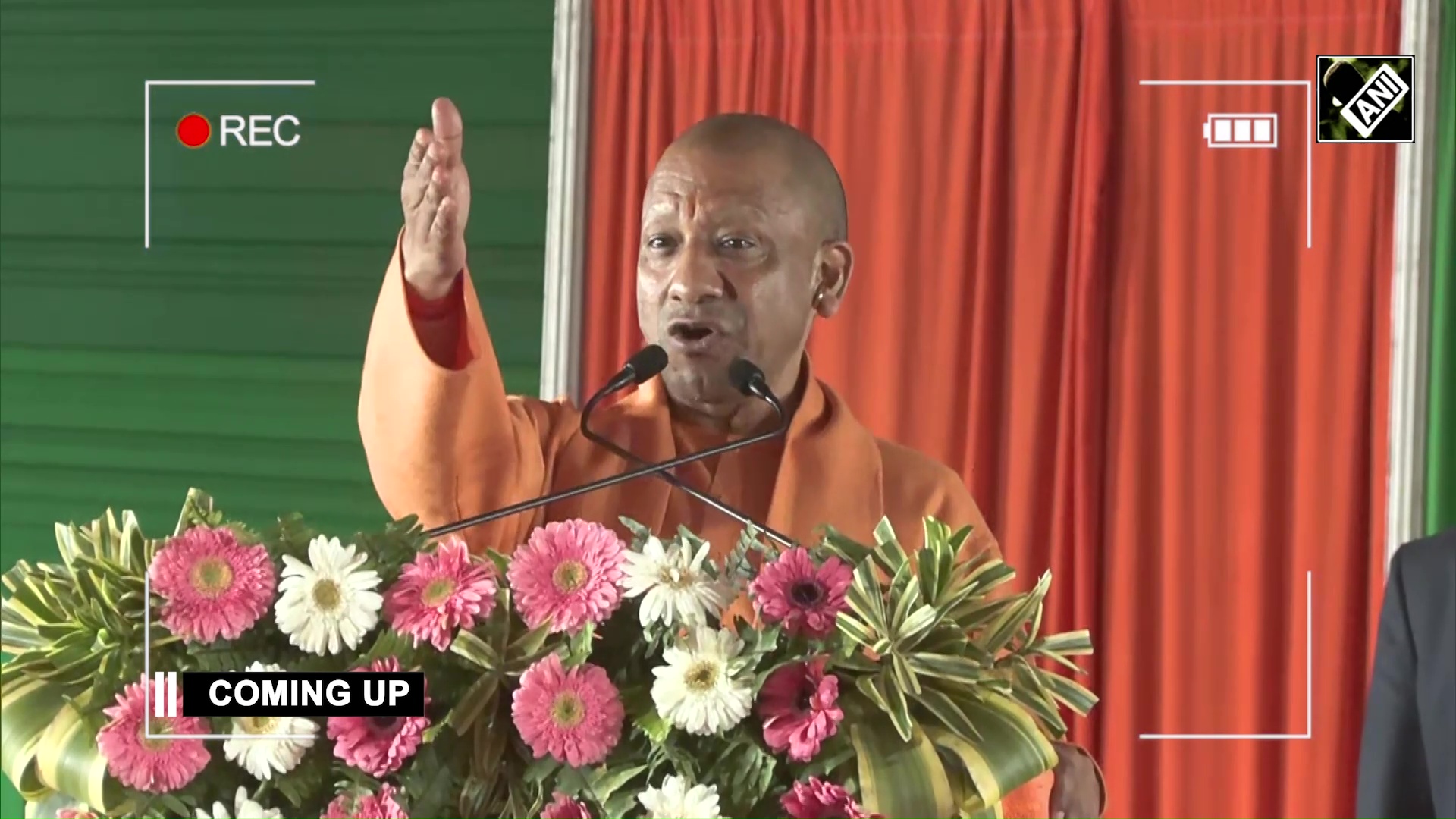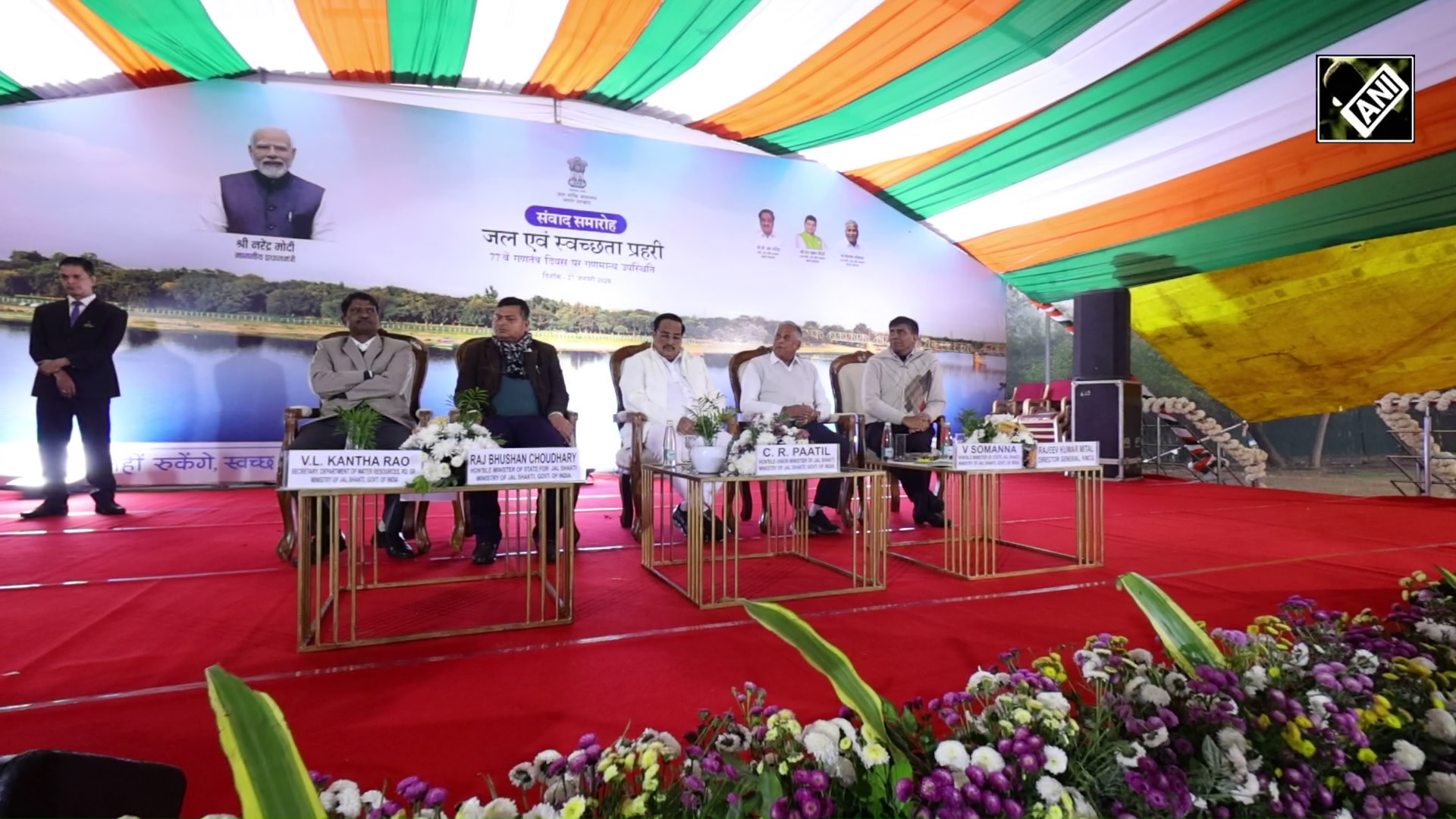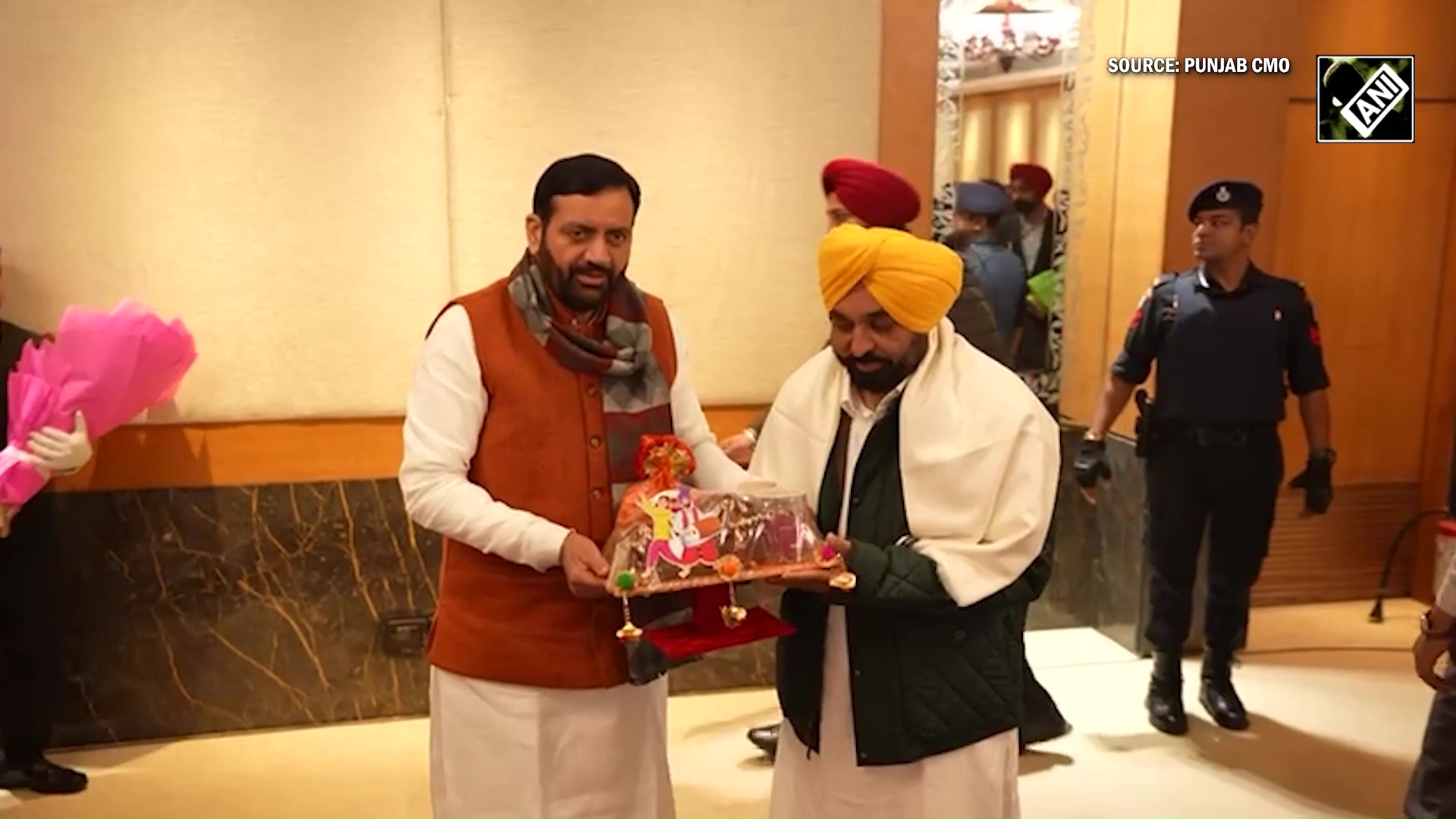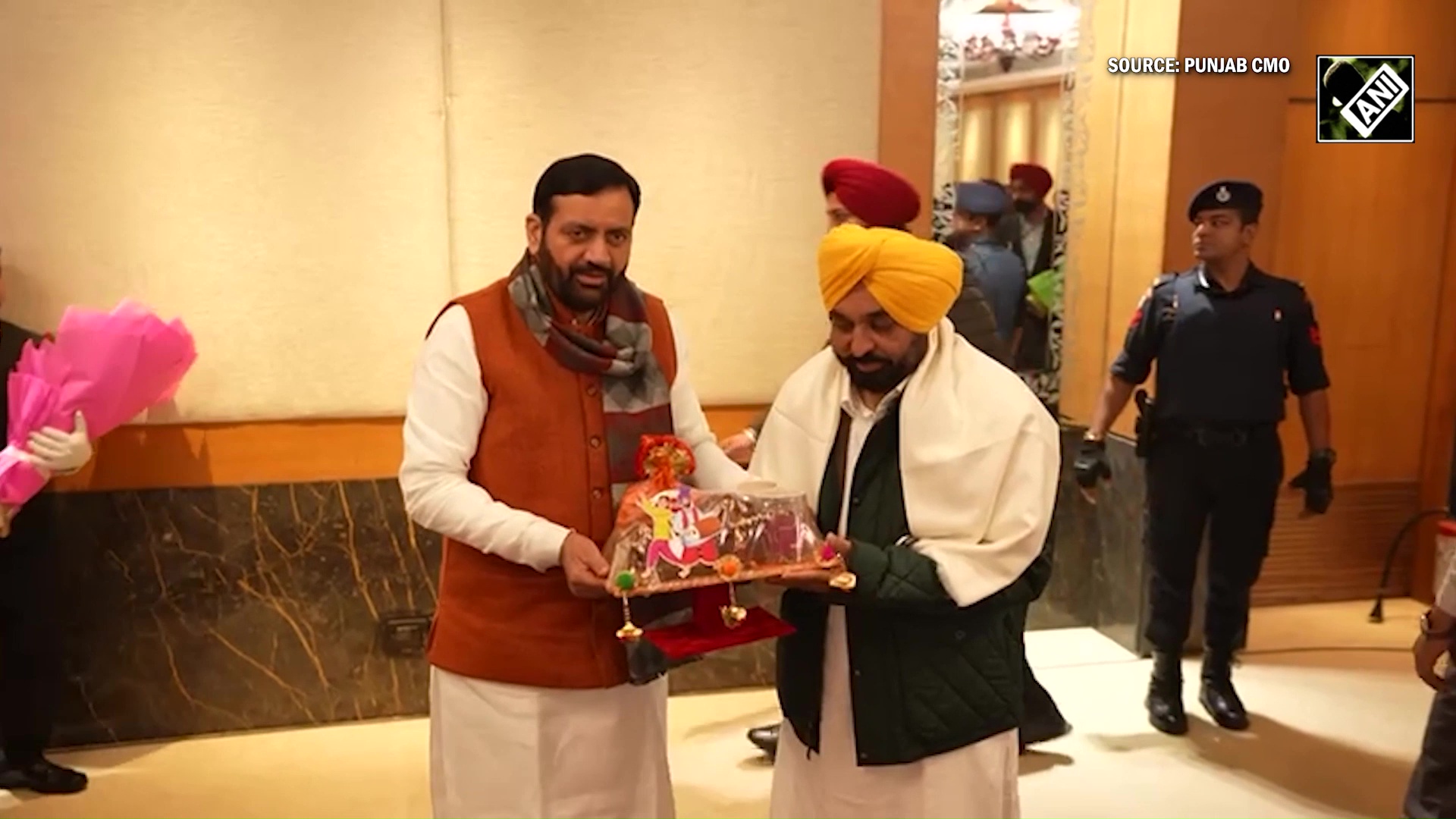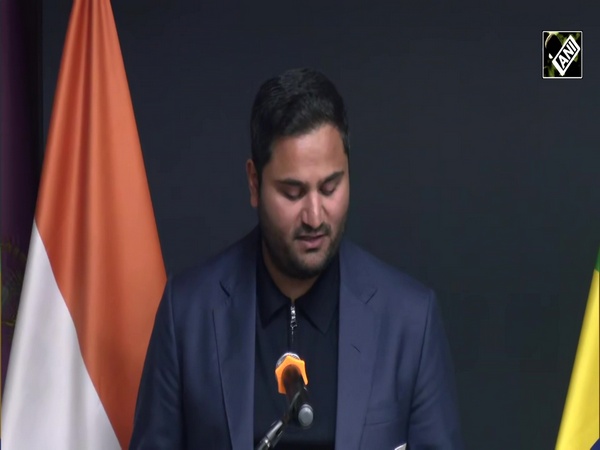Grocery shops, other vendors can be potential spreaders of COVID-19, Centre asks states/UTs to test them
Aug 08, 2020

New Delhi [India], Aug 8 : The Union Health Secretary Rajesh Bhushan has raised concerns that grocery shops, vegetable, and other vendors can be potential spreaders of coronavirus infection to a large number of people.
Worried over COVID-19 cases being reported in newer areas in the country, Bhushan has advised to all states and Union Territories to ensure the reduction in COVID fatality that it does not cross the 1 per cent mark.
"The COVID-19 pandemic is now spreading to newer areas in the country. There are likely to be scattered cases, cluster of cases or large outbreaks being reported from districts. The primary aim is to control outbreaks especially in new locations. The focus at the same time should be to save lives at all cost. While we have done so far done better than many other countries in this respect, our aim should be to further reduce mortality and ensure that it does not cross the 1 per cent mark," Bhushan said in a letter written to all Chief Secretaries and health secretaries of the State.
"There can be potential hotspots for spread of infection like industrial clusters with the closed work environment, people coming from high prevalence areas, other high-density areas such as slums, prisons, old age homes etc," the letter added.
"In addition, grocery shops, vegetable and other vendors etc can be potential spreaders of infection to a large number of people. Testing in such areas and of such people should be taken up proactively as per Indian Council of Medical Research (ICMR) guidelines," the health secretary said.
The broad components of mortality reduction, namely early detection of cases through aggressive testing, prompt isolation, and /or admission in a healthcare facility and ensuring proper clinical management of each case must always be kept in mind, the letter read.
"Early detection of cases is the most crucial element to ensure that the case fatality is reduced. It helps in terms of not only identifying the case before it may become crucial but also supports in terms of checking the spread of infection. There should be enhanced surveillance of influenza-like illness/severe acute respiratory illness (SARI) as their symptoms are mostly the same as COVID."
"Such people must be tested immediately as they could also be in an advanced stage of the illness and need immediate treatment," the letter said.
Once a positive case is identified, list all his/her contacts and undertake prompt correct tracing. At least 80 per cent of the contacts must be identified and quarantined within 72 hours. Normally, a person would have an average of 30 contacts for a period of tracking that two days before the symptom onset.
"Weekly death audits must be performed to assess the determinants of death such as age differentials, comorbidities, late reporting to hospital and clinical protocols that were followed. This will help identify challenges to be addressed and will facilitate effective case reporting and ensure timely and required medical interventions," it added.
The states were advised to ensure maximum utilisation of testing labs, to ensure a robust ambulance transport system with oxygen facility and to strengthen healthcare infrastructure in the states. The health secretary has also directed States and district administration to ensure good infection prevention and control practices by the healthcare workers.
